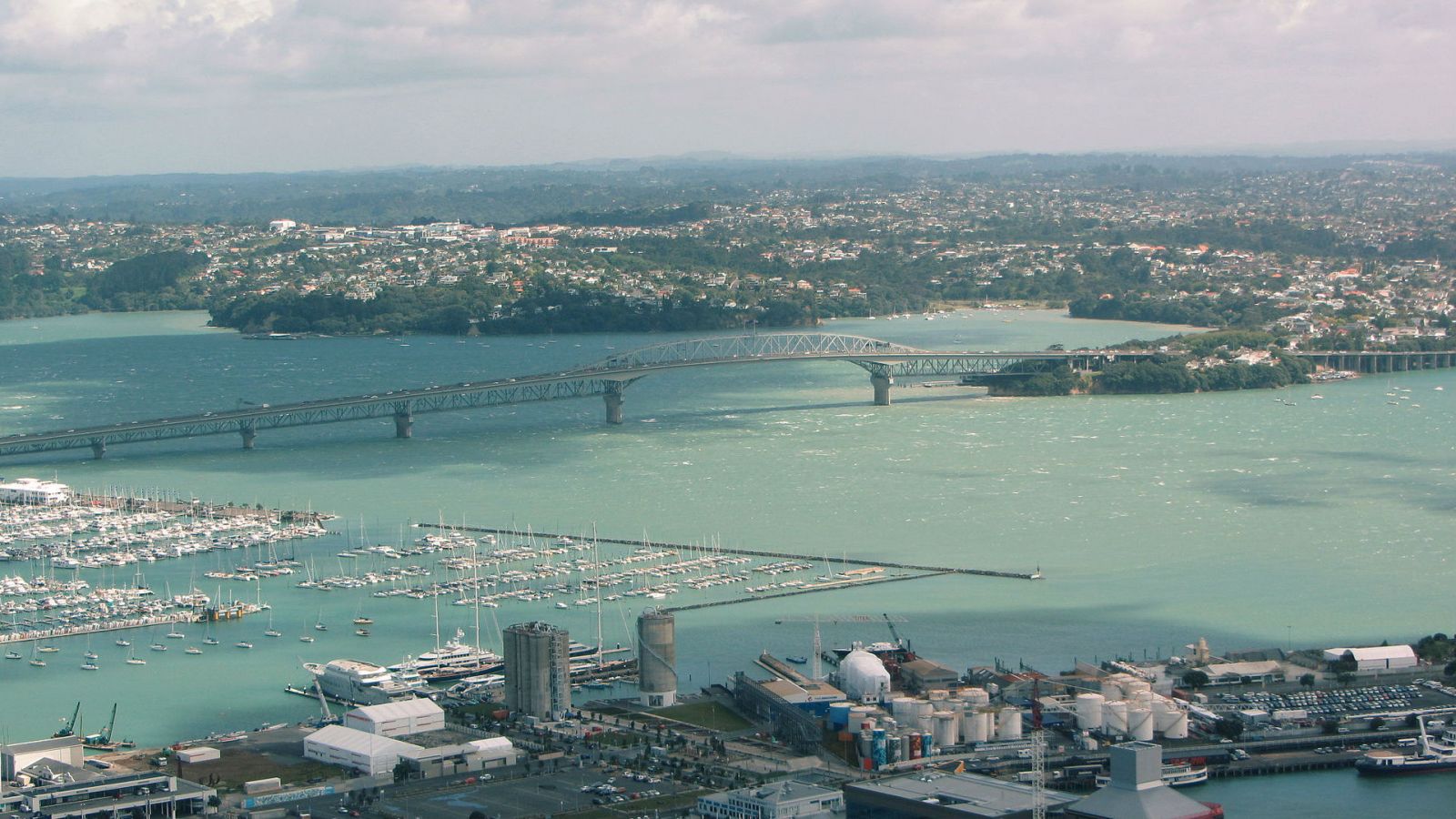New Zealand's MARPOL Stance Called into Question

Dr Bevan Marten, Senior Lecturer at Victoria University, New Zealand, has questioned New Zealand’s ratification of IMO instruments designed to protect the environment, saying the nation’s failure to address air emissions has made it a real outlier internationally.
In a recently published paper, he focuses on New Zealand’s lack of ratification of MARPOL Annex VI relating to air pollution, saying it raises important policy questions about international shipping regulation.
New Zealand could not be described as a fast mover in relation to MARPOL generally, having only been a party to the Convention since 1998 (Australia, for example, ratified in 1987), says Marten. It has not taken up Annex VI because it has equivalent laws. Rather, in July 2011, the Associate Minister of Transport told local media that New Zealand was not looking to ratify Annex VI “because we do not consider emissions from shipping to be a significant air pollution problem around New Zealand ports and any change is likely to result in increased compliance costs.”
Marten says that available evidence suggests that shipping is making more than a minor contribution to air pollution in New Zealand, particularly in relation to SOX emissions. Therefore, contrary to the current government position on the issue, it is at least worthy of closer attention.
“Where international regulatory considerations are concerned, there are both principled and practical reasons for New Zealand to ratify the Annex,” says Marten. “New Zealand cannot and should not rely solely on other port States to enforce the operational aspects of MARPOL, and the IMO-led regulatory framework is one that all responsible States should engage with.
“New Zealand’s economic interests may also be affected by any market-based measures that are eventually introduced to combat greenhouse gas emissions from shipping, and it would be prudent for the country to acquire a place at the table for future discussions on this theme.
Third, while increased regulation will result in higher costs, there is reason to believe that New Zealand’s domestic industry would be willing to work towards reducing emissions, especially if the competitive balance with international shipping is improved.
“From an international maritime lawyer’s perspective, New Zealand’s current position on MARPOL Annex VI is an embarrassment,” says Marten.
The full paper is available here.
The opinions expressed herein are the author's and not necessarily those of The Maritime Executive.
